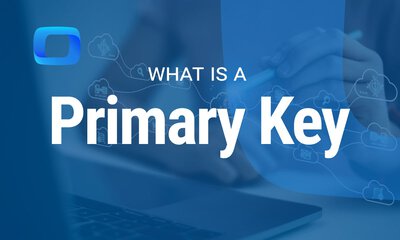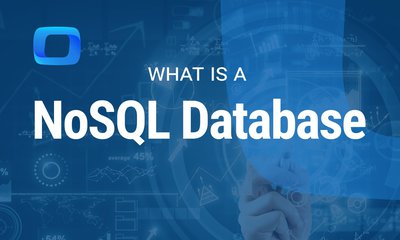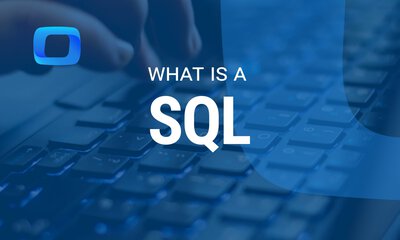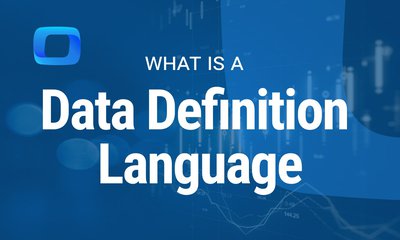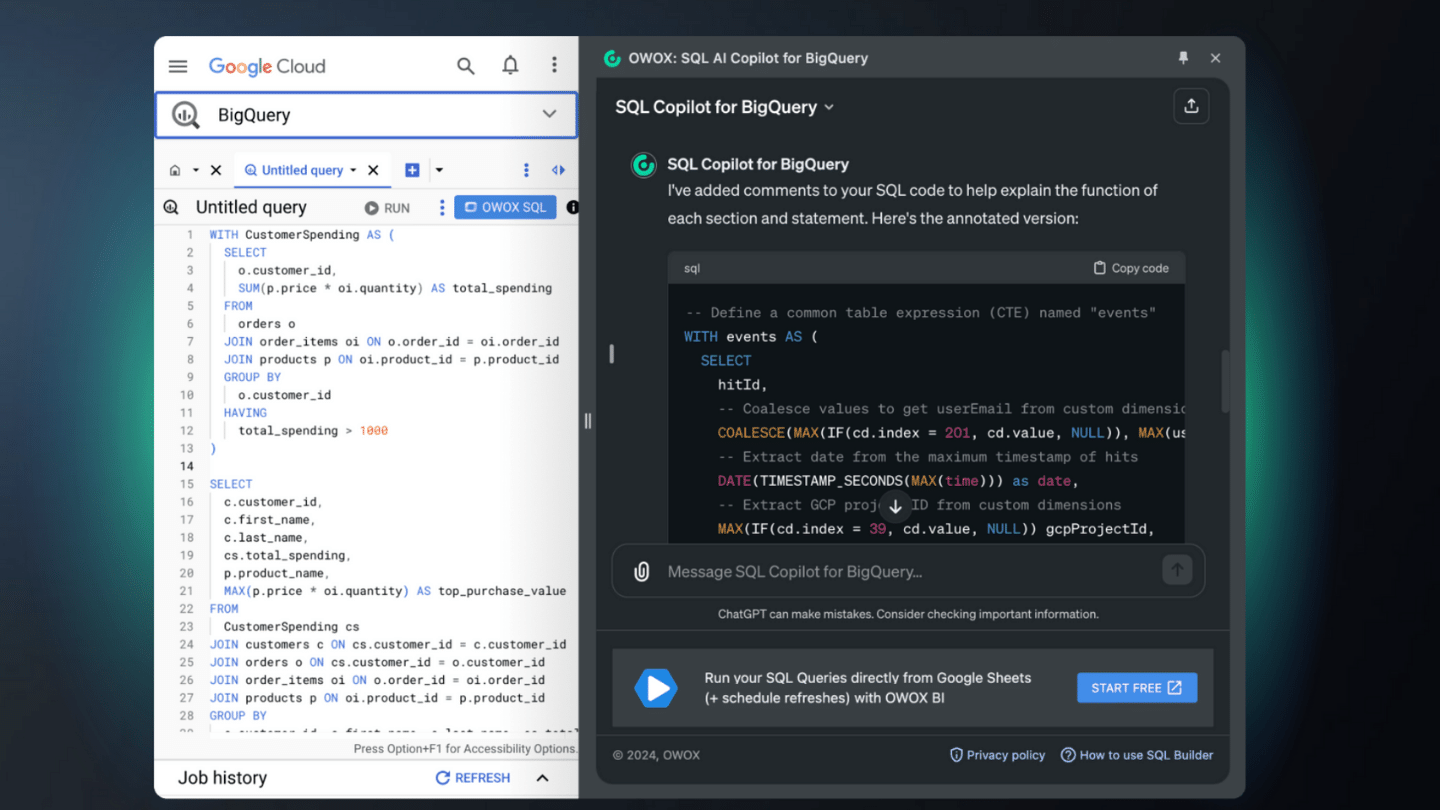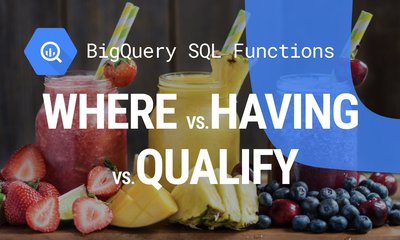What is a RDBMS?
A Relational Database Management System (RDBMS) organizes data in structured tables, using SQL for queries and updates.
RDBMS organizes data into rows and columns, making it easier to handle complex queries while keeping the data consistent. Its ability to manage relationships between different datasets is a major benefit, which helps maintain data integrity.
RDBMS used across various industries, especially in applications that need reliable, well-structured, and easy-to-access information. Plus, it allows multiple users to access the database at the same time without running into conflicts.
Structure of an RDBMS (Relational Database)
The relational model separates logical data structures like tables, views, and indexes from physical storage. This allows database administrators to manage the physical storage without affecting how the data is accessed logically. For instance, renaming a database file doesn’t change the names of the tables inside it.
This separation extends to database operations, where logical actions specify what data is needed, and physical operations handle how it’s retrieved. Relational databases also follow integrity rules, such as preventing duplicate rows, to ensure data remains accurate and consistent, which helps maintain system reliability.
Key Benefits of RDBMS
Relational databases are widely used for managing structured data. They offer an intuitive way to represent and access related data, making them ideal for inventory tracking, transaction processing, and application logging tasks.
Key benefits include:
- Flexibility: Easily modify tables and relationships without disrupting the database. You can adapt to changes without restructuring the entire system.
- ACID compliance: Ensures data accuracy even in case of errors or failures. This guarantees reliable performance and consistency.
- Ease of use: SQL makes complex queries accessible to non-technical users. It simplifies data analysis and reporting.
- Collaboration: It supports multiple users with built-in locking for data updates, which prevents conflicts when users access or edit data at the same time.
- Security: Role-based controls restrict data access. This helps safeguard sensitive information from unauthorized users.
- Normalization: Reduces redundancy and improves data integrity. It ensures that the database remains organized and efficient.
Get BigQuery Reports in Seconds
Seamlessly generate and update reports in Google Sheets—no complex setup needed
What to Look for When Choosing an RDBMS
An RDBMS (Relational Database Management System) is software that stores, manages, and retrieves data in a relational database.
When choosing a database system, consider factors such as:
- Data accuracy: Determine the level of accuracy needed, especially for critical data like financial records.
- Scalability: Evaluate the system's capacity to manage data and its potential growth, ensuring it can support mirrored instances if needed.
- Concurrency: Assess whether the system can handle multiple users and applications accessing data simultaneously.
- Performance and reliability: Consider the performance expectations, including query speed, and the vendor’s reliability commitments for service levels and uptime.
Relational vs. Non-relational Databases
Relational databases store data in structured tables, making it easy to manage and query large amounts of organized information. They are best suited for applications that require consistency, such as financial records or transaction processing, where maintaining relationships between datasets is crucial.
In contrast, non-relational (NoSQL) databases use a flexible model, storing data as unconnected files. This makes them ideal for managing unstructured or frequently changing data, such as documents, multimedia files, or social media content. Their flexibility allows for efficient handling of diverse data types and rapid scalability for modern applications.
Examples of RDBMS
In an RDBMS, data is organized in tables that can be connected through common fields, which helps businesses manage relationships between different datasets.
For instance:
- 1:1 relationship: A "departments" table and a "managers" table can be linked by a "dept_code" field, where each department is managed by one specific person, and each manager oversees only one department.
- 1 relationship: A "sales_teams" table can be linked to an "employees" table through a "team_id" field, where multiple employees belong to the same sales team, but each employee is part of only one team.
Some examples of RDBMS platforms which are present in the market are:
- Oracle RDBMS: A highly robust, enterprise-level solution.
- MySQL: An open-source RDBMS known for its ease of use.
- PostgreSQL: An advanced open-source option with powerful features.
- Microsoft SQL Server: A widely-used, commercial RDBMS for enterprise applications.
These examples demonstrate the range of RDBMS solutions available, from open-source to proprietary software.
The future of RDBMS is evolving with the integration of cloud technologies, enhanced scalability, and better support for unstructured data. As businesses demand more flexible and efficient data solutions, RDBMS systems are adapting to handle larger datasets, support hybrid models, and incorporate AI-driven analytics.
From Data to Decisions: OWOX BI SQL Copilot for Optimized Queries
OWOX BI SQL Copilot simplifies query creation, helping businesses transform raw data into actionable insights. Designed for marketers and analysts, it streamlines SQL query writing by automating complex tasks and optimizing performance.
This tool enables users to make informed decisions faster by delivering precise, relevant data insights, enhancing overall efficiency in data analysis and decision-making processes.
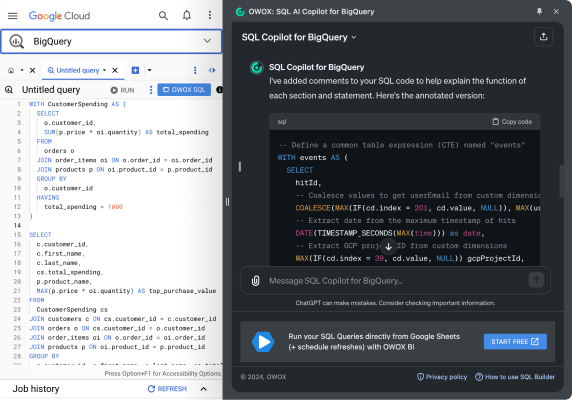
Give Your Data the AI SuperPower
Get actionable SQL queries for great data analysis with OWOX BI SQL Copilot
